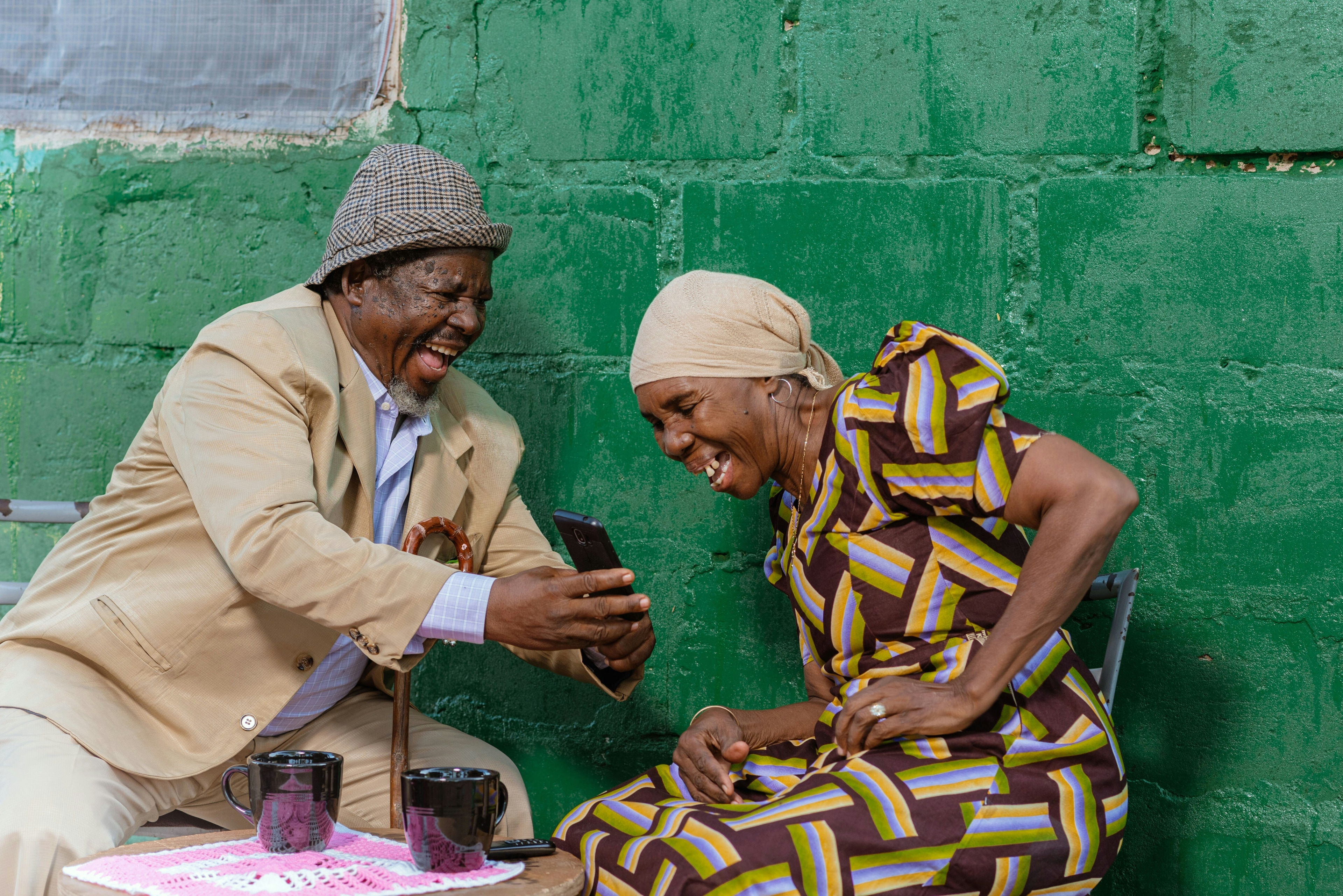5 ways for human rights due diligence to make a difference

Human rights due diligence should benefit all stakeholders – including locals impacted by business activities. Image: Colin Lloyd/Unsplash
- Businesses have a responsibility not to profit from the vulnerable.
- Human rights due diligence is a way of ensuring this does not happen.
- The process should be ongoing, prioritize the most serious violations and engage all stakeholders.
Since the unanimous endorsement of the United Nations Guiding Principles on Business and Human Rights (UNGPs) by the UN Human Rights Council in 2011, both the public and corporations have become increasingly aware of the overarching idea of human rights due diligence: the process of corporations investigating or auditing their own business practices to address potential human rights implications. However, the specific features required for effective investigations have not always been sufficiently stipulated. Human rights due diligence cannot become just a slogan. Its effective and precise implementation is of vital importance to vulnerable people, workers and our economy.
Recently, I interviewed former Canadian Foreign Minister and Attorney General Peter MacKay on behalf of Inclusion Advocate. And I asked him about the relationship between businesses and human rights protection, specifically the role of human rights due diligence programmes in the future. He articulated that human rights abuses cannot be tolerated, and businesses have the responsibility to not profit from vulnerable people’s suffering. Human rights due diligence can be a key way of realizing this goal.
There are five features necessary for corporate human rights due diligence to make a difference.
1. A reliable grievance mechanism
Establishing a grievance mechanism means providing a formalized means for any individual or group to raise concerns about a corporation’s impact on their human rights. Once they receive a complaint, corporations should investigate the accusations in detail, and should any allegations hold water, the business should offer remedy to victims as soon as possible. Such a mechanism allows corporations to quickly gather information and to listen to concerned parties directly. This two-way street allows businesses and victims to directly communicate, instead of forcing victims to choose between costly legal arbitrations or passive acceptance.
From the corporations’ point of view, they should also take full advantage of the grievance mechanism since it is one of the most effective avenues to solve problems early before they escalate beyond control. In many cases, civil society groups and individual victims would seek to reach companies to address human rights abuses as they occur; yet without an effective grievance mechanism, civil society groups that hope to get a response have little choice but to step up their outcry. When this happens, not only does the company rightfully face more intense pressure from the media and the public at large, it also loses precious time to avert a possibly large-scale human rights tragedy.
2. Ongoing evaluations, not a one-time exercise
The corporate operating environment is constantly shifting as a result of emerging social tensions, updated regulations and so on. Consequently, one-time human rights due diligence can hardly present the full picture of the human rights impact across every level of a corporate value chain. For instance, an investigation involves dialogues with all stakeholders, from employees to local people. These dialogues yield crucial information when there is a sense of mutual trust between the investigator and the stakeholders. Thus, corporate human rights due diligence programmes need to include regular dialogues with stakeholders in order to build the trust necessary for investigations to be effective and reliable.
3. Prioritize severe human rights violations
The United Nations Guiding Principles on Business and Human Rights laid out three specific factors to determine how severe a human rights problem is, urging corporations to promptly address the most severe abuses. The first indicator is scale, intended to measure “how grave or serious the impact is”. If there is simultaneously a 15-year-old working at a family-owned convenience store and a 12-year-old working at a dangerous mining site, human rights due diligence should drive the corporation to immediately address the latter and then also resolve the former.
The next indicator is scope, measuring how widespread the impact is. Based on UN-recommended guidelines, corporations should prioritize stopping human rights abuses that hurt an entire village of 500 people, rather than ignoring the large-scale problem in favour of focusing on a single household of two people.
Finally, corporations should also focus on remediability, which evaluates how difficult it would be to restore those impacted to a situation at least as good as their previous one. Human rights abuses should be deemed more severe and therefore be prioritized when they cause lasting and even irreparable harm. For example, when workers are contracting incurable diseases, such as black lung disease caused by exposure to long-term coal dust, it is the corporation’s responsibility to address it with the utmost urgency.
4. Comprehensive stakeholder engagement
Every stakeholder – from employees, supply chain workers, to locals and customers – matters in human rights due diligence. Though supply chains should also pay attention to potential human rights problems within their ranks, corporations have the responsibility to ensure their individual suppliers meet the human rights standards through due diligence programmes. Local residents near production sites, along with all other vulnerable groups, should be given the same level of attention as corporations’ own employees.
What is civil society?
5. Specialized training and partnerships with relevant organizations
Corporations should form productive partnerships with human rights experts and leading organizations. Corporate employees are likely not as trained or familiar with human rights dimensions, and they can gain crucial knowledge by listening to and working with experts in the human rights field. In 2021, PayPal partnered with the League of United Latin American Citizens and the ADL to fight extremism on the online payment system. The company recognized the need to bring in anti-hate expertise amid a rise in extremist groups being funded online. Such partnerships with civil society organizations with human rights expertise should be encouraged as we move towards a world that respects that defends human rights for all.
Don't miss any update on this topic
Create a free account and access your personalized content collection with our latest publications and analyses.
License and Republishing
World Economic Forum articles may be republished in accordance with the Creative Commons Attribution-NonCommercial-NoDerivatives 4.0 International Public License, and in accordance with our Terms of Use.
The views expressed in this article are those of the author alone and not the World Economic Forum.
Stay up to date:
Human Rights
Related topics:
Forum Stories newsletter
Bringing you weekly curated insights and analysis on the global issues that matter.






